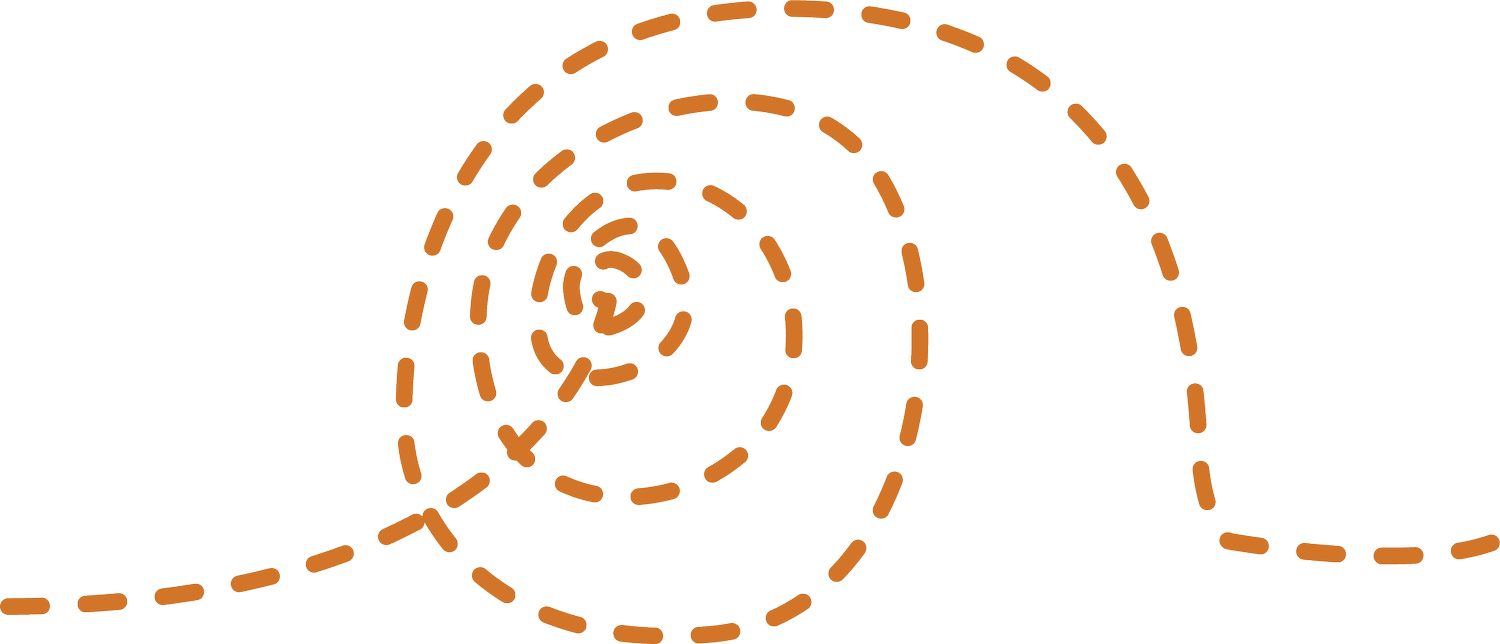Understanding ‘Slow Coaching’: Why Taking Time Matters
Introduction
In a world where people aim to achieve everything as fast as possible, the pressure to accelerate results is palpable. We live in an era defined by ‘fast’: fast fashion, fast food, fast flipping. This culture of immediacy can create an illusion of efficiency, yet often at the cost of deeper progress and meaningful connections. Yes, speed gets you moving, but it doesn’t guarantee you’re heading in the right direction.
Think of it this way: fast solutions may offer instant gratification, but they rarely support the sustainable growth many truly seek. In my experience, lasting progress doesn’t have to be fast; in fact, it rarely is. The concept of ‘slow’ can allow for more durable, impactful transformation, creating an environment where progress is embedded and sustained over time.
The concept of Slow Coaching
What if slowing down could actually speed up your growth, providing deeper insights and lasting outcomes? In my experience, this is precisely the promise of Slow Coaching.
Slow Coaching has its origins in the fact that if anything worthwhile is the desired outcome, then it may take some time. It takes time to connect, to discover and to grow - the three pillars of Slow Coach ConsultingTM. This connection is about both the relational and the trust required; it’s about discovering what the coachee wants, respecting the process and the concomitant growth that inevitably follows. This coaching isn’t a ‘fast fix’ or a ‘silver bullet’ to an outcome. A recent example, where a client believed I could fix his situation overnight, was left confused when I suggested I could help yet it might take four to six months. In his reflections post the coaching, he suggested he was rather naïve about the process at the time and ultimately appreciative about his meaningful and sustainable results.
I acknowledge that you can coach in less the fifteen minutes, and in corridors, as Michael Bungay Stanier1 has championed in his seminal work which ‘unweirds’ coaching. I certainly use this form of coaching, yet Slow Coaching is different. Slow Coaching means asking fewer but more impactful questions, allowing silence to work in favor of reflection, and valuing the process over immediate outcomes. Slow Coaching is an approach that emphasises intentionality, reflection, and sustainable progress by providing both time and space for the potential change. This helps in achieving the benchmarks or sub-goals that get established throughout the process.
What supports this?
Many articles and books dedicate their prose to the notion of ‘slow’. The slow movement, a cultural initiative that advocates for a reduction in the pace of modern life, encourages individuals to embrace a more thoughtful and deliberate approach to their life.
This movement was revived in Carl Honore’s2 In Praise of Slow. His main point was that only when we slow down and give things space can things grow. He wrote, “The great benefit of slowing down is reclaiming the time and tranquillity to make meaningful connections — with people, with culture, with work, with nature, with our own bodies and minds.”
Additionally, in Japanese philosophy and aesthetics, the concept known as ma (間)3, is often translated as ‘empty space’. It’s the room that you give something for it to flourish. It revolves around the appreciation of negative space and the profound beauty that can be discovered within it. In the context of Slow Coaching, ma represents the deliberate pause after asking a question—allowing the coachee to fully process and reflect. This pause creates space for deeper understanding and more thoughtful responses.
For a coachee to have actions, be clear and energised, they need thoughtful questions and the necessary space.
Conclusion
In coaching, we aim to embody these principles, creating space for true transformation and growth. Taking time matters. In a world obsessed with speed, taking time to pause and reflect might just be the most radical and rewarding act. Are you ready to slow down and discover deeper growth?
1. Bungay Stanier, M. (2016). The Coaching Habit. Box of Crayons Press.
2. Honore, C. (2004). In Praise of Slow. Orion.
3. W, J. (2020). “Home | The Japanese concept of Ma” ADA https://artdesignasia.com/the-japanese-concept-of-ma/

